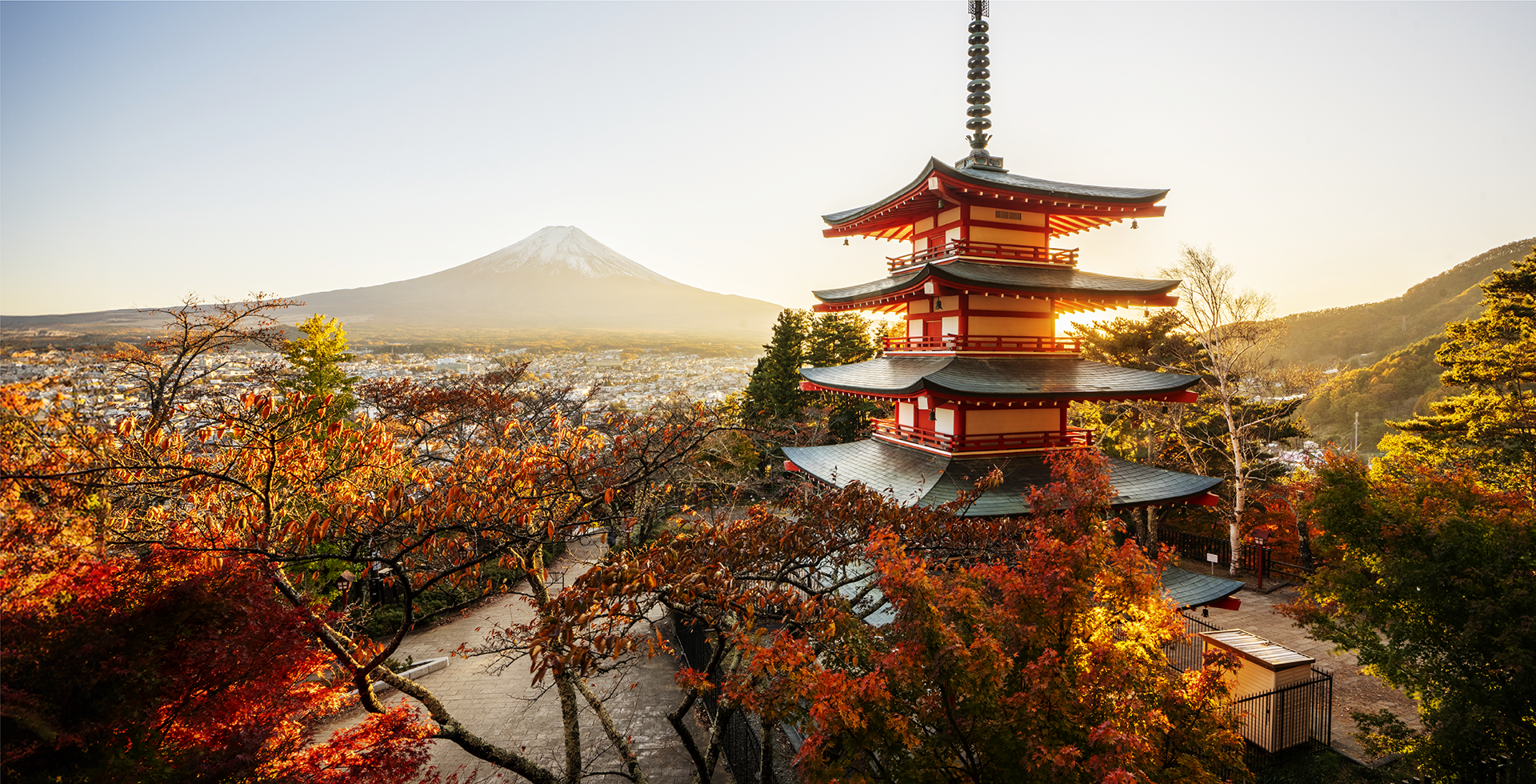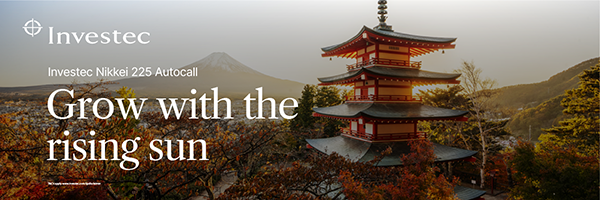Japanese equities perhaps don’t get the attention they deserve. But their returns in the last year have put them back in the spotlight
Market commentators love their catchy phrases and tags. One you often hear today is The Magnificent Seven, a group of seven technology shares that captured the imagination last year, thanks to the hype around generative artificial intelligence (AI).
The Magnificent Seven – comprising the shares Alphabet, Amazon, Apple, Meta, Microsoft, Nvidia and Tesla – have been on a tear since the start of last year.
The Magnificent Seven (which by the way get their name from the famous Hollywood western of the 1960s of the same name) returned 111% in 2023, beating the S&P 500 and Dow Jones by some margin, as well as the MSCI All Country index which was up 22.8%.
Catchy terms serve a purpose (before the Magnificent Seven, there were the FAANGs, and long before that, the Nifty Fifty), but they tend to keep the spotlight on a handful of shares or a sector, when there are often other, less “sexy” markets that have also delivered great value for investors.
Interestingly, the name The Magnificent Seven gives us a clue of a perhaps less glamorous market (until recently) that’s also done very well for investors, the Japanese equity market.
Movie buffs will remind us that the Hollywood movie was based on an iconic Japanese movie called Seven Samurai. In this case, the Samurais have served investors very well.
- Over 2023, the Japanese benchmark Nikkei 225 returned 28.2% for investors, while the TOPIX returned 25%.
- And in February, the Nikkei 225 passed its best ever level, just below 39,000, a level last seen at the end of 1989.
Leading global investors have also seen the worth of the Japanese market. Warren Buffett’s Berkshire Hathaway last year increased its holdings in Japanese stocks, while BlackRock, the world’s largest asset manager, last year upgraded its view on Japanese equities.
What has driven this recovery in Japanese equities, a market that had underperformed for decades?
One reason is the economic policies introduced by the late Prime Minister Shinzo Abe. His administration implemented aggressive fiscal and monetary stimulus programmes and took action to improve corporate governance, making companies more accountable to shareholders.
The depreciation of the yen in 2022 helped to boost the international competitiveness of Japanese companies – although the currency has recovered some ground. While inflation in Japan picked up in 2022 and 2023, it remains lower than in other OECD countries, and the yen is still relatively cheap on a purchasing power parity basis.
In this environment, the Bank of Japan has been able to maintain a far looser monetary policy than its developed market peers, leading to increased confidence in the manufacturing and service sectors.
The Japanese equity market now represents good relative value, especially compared to US equities, based on the cyclically adjusted price-to-earnings ratios. Furthermore, the Japanese corporate sector has become the largest net buyer of its own stocks, providing an underpin to the market.
Finally, while the Japanese market may not seem as “sexy” as the US tech market, it should be noted that indices such as the Nikkei and TOPIX have significant exposure to the tech industry, through names such as Fujitsu, Hitachi, Sony and Softbank. The Nikkei also includes chipmakers such a Screen, Tokyo Electron and Advantest.
The implication is Japan will also benefit over time from gains in the US and other technology markets.
To return to the movie theme, while the Western, The Magnificent Seven is perhaps the more famous movie, its Japanese inspiration, Seven Samurai, is regarded by movie buffs as one of the most iconic movies of all time. In a similar vein, should investors perhaps look beyond the US blockbusters and embrace the quality of the Japanese market?
About the latest Investec Structured Product:
The Investec Nikkei 225 Autocall is a structured product that is linked to the performance of the Nikkei 225 Index.
- The Autocall is designed to provide investors with an attractive return even if the Index makes only modest returns over the investment term.
- The Autocall provides exposure in US Dollars (USD) or Rand (ZAR), with a high degree of capital protection. However, capital is at risk if no early maturity occurs, and the Index has fallen more than 30% on the maturity date.
Product closes 5 April 2023.
You can also listen to the recent Ghost Stories podcast featuring Brian McMillan and a detailed discussion on the Investec Nikkei 225 Autocall:
Disclaimer:
https://www.investec.com/en_za/legal/structured-products-disclaimer.html





